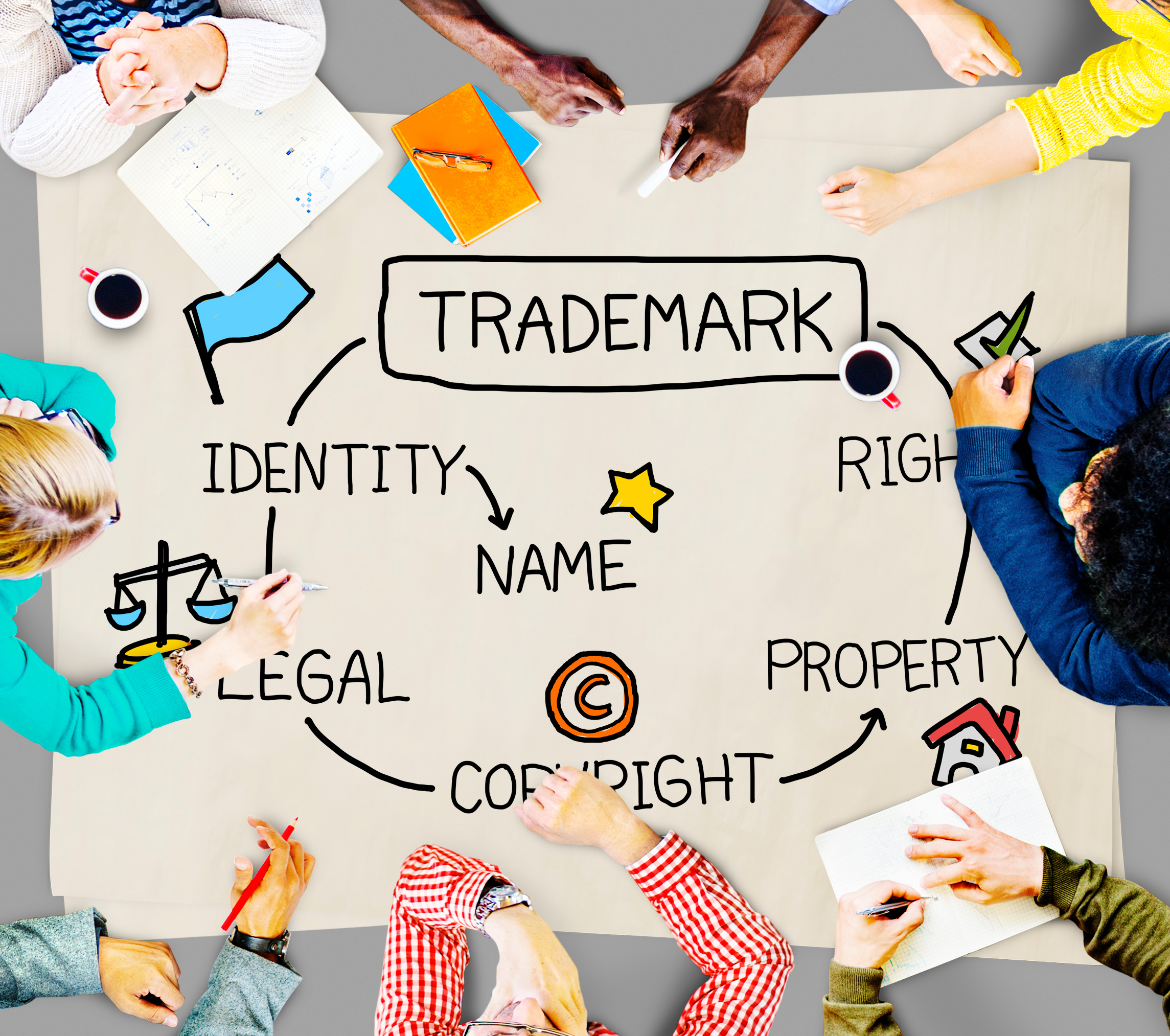
Published: February 21, 2025
Our new bulletin Cyber Threat Watch has been created to help small businesses stay up to date on the latest threats, news, and events affecting their business. The content has been curated to make cybersecurity easy and accessible for both technical and nontechnical readers.
Featured Cyber Threat — Copyright Infringement Scam

Cybercriminals are constantly seeking new ways to exploit businesses, and their latest trick preys on fear and confusion around copyright laws. Small business owners, website operators, and content creators have been targeted with fake copyright violation notices designed to scam them out of money or sensitive information.
These scams are convincing, using legal jargon and threats of lawsuits to pressure victims into acting fast. Therefore, knowing how to recognize and avoid these schemes is crucial to keeping your business safe.
What Is a Copyright Infringement Scam?
A copyright infringement scam starts with a fraudulent email claiming that you have violated copyright laws. Scammers send professional-looking messages containing legal terms and well-known organization names to create fear and urgency. Through common tactics below, their goal is to make you panic and take immediate action, such as paying a fine or clicking on a malicious link.
- Fake Legal Notices: Emails with subject lines like “Copyright Violation Notice” or “DMCA Complaint” to grab attention. They might reference fake case numbers or copyright laws.
- Malicious Links or Attachments: Scammers include links to phishing websites or files that infect your computer with malware.
- Immediate Payment Demands: They may demand wire transfers or credit card details and threaten lawsuits unless you pay a settlement fee.
These scams rely on fear and confusion to make victims act immediately without verifying the claim.

How to Spot a Scam
As this type of scam often relies on subtle clues to deceive recipients, knowing how to identify these signs can help you spot a scam before you fall victim.
- Suspicious Email Addresses: Scammers use free, easily obtainable email services or deceptive addresses that mimic legitimate businesses by adding an extra letter, number, dash, or slight misspelling. Be cautious if a supposed legal notice isn’t from an official business domain.
- Lack of Specific Details: Authentic copyright notices include clear details, such as what was infringed and where it was found. Scammers skip these specifics.
- Urgent Demands: Messages insisting on immediate action or payment under threat of legal trouble.
- Suspicious Links or Attachments: Never click links or download files from unknown senders. Hover over links to check where they lead.
- Spelling and Grammar Errors: Many scam emails include errors that wouldn’t appear in legitimate legal notices.
How to Protect Your Business
Taking simple but effective precautions can drastically reduce your risk of falling prey to these scams. Here are key steps to protect yourself and your business.
- Verify Claims: If you receive a notice, don’t panic. Contact the organization or individual directly by using official contact information. Don’t use the contact information that appears in the email.
- Educate Your Team: Teach employees to recognize phishing emails and avoid clicking suspicious links. Awareness is key.
- Use Email Filters: Email filtering tools can block many scam messages before they reach your inbox.
- Manage Your Website Content Responsibly: Use royalty-free or properly licensed media and always credit content creators. Regularly review your website content to ensure that it complies with copyright laws, such as appropriately attributing images, quotes, data, and any other content sourced from third parties.
- Enable Multi-Factor Authentication (MFA): Protect your email accounts by adding an extra layer of security to prevent unauthorized access.
- Report Scams: If you receive a suspicious email, report it to your service provider. In the U.S., you can also report a scam to the Federal Trade Commission (FTC) at ftc.gov to help protect others and hold scammers accountable.
Conclusion
Copyright infringement scams prey on fear and confusion, often targeting small business owners who may not fully understand copyright laws. By staying informed, verifying claims, and educating your team, you can avoid these scams. Taking proactive steps to secure your business helps protect your sensitive data and reputation in today’s digital world.
The NCSS encourages businesses to adopt comprehensive security practices and stay informed about evolving technology threats. We recommend you consider becoming an NCSS member to access a wide range of our services. For more information, visit our Small Business page.
References
https://www.idtheftcenter.org/podcast/weekly-breach-breakdown-itrc-copyright-infringement-scams/
https://altitudemarketing.com/blog/copyright-infringement-scam/
https://speckygeek.com/copyright-notice-phishing-emails/
https://talk.tidbits.com/t/beware-of-copyright-infringement-link-insertion-scams/29423
https://www.canadiancharitylaw.ca/blog/beware-of-trademark-scams-circulating-around-canada/

About the NCSS
The National Cybersecurity Society (NCSS) is committed to improving the online safety and security of the small business community through education, awareness, and advocacy. As a 501(3)(c) organization, the NCSS uses funds from charitable donations and grants to develop educational materials, webinars, weekly cyber tips, videos, and how-to-guides. The organization’s goal is to enable and empower small and medium businesses to obtain cybersecurity services, assist them in understanding their cyber risk, and advise on the type of protection needed. We want to continue to grow our community and encourage you to tell other small businesses we are here to help.
The NCSS is committed to respecting the use of images in our communication efforts. Accordingly, unless otherwise specifically noted, the graphics in our bulletin are sourced under license from Adobe Stock. The header and footer images were designed and purchased through a contract with Eyedea Advertising & Design Studio.
